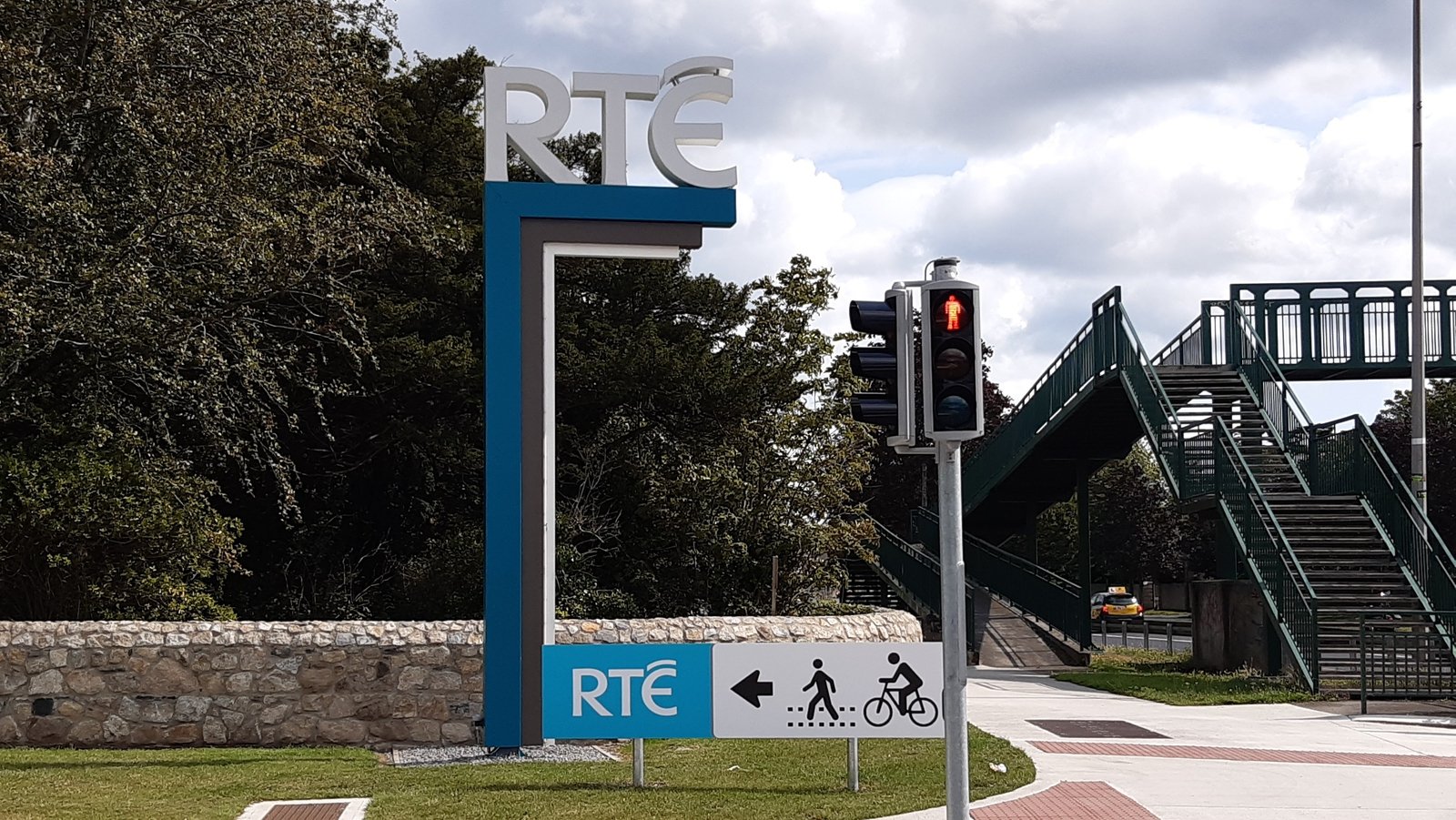Dwyer in Supreme Court appeal over murder conviction


The Supreme Court has begun hearing Graham Dwyer’s appeal against his conviction in 2015 for the murder of Elaine O’Hara.
The Court of Appeal rejected Dwyer’s appeal last year on all grounds.
But the Supreme Court decided to allow a final appeal on the grounds that “significant issues of general public importance” arose in relation to the admissibility of mobile phone data evidence retained and accessed under legislation that was later found to breach EU law.
This is likely to be Dwyer’s last possible appeal against his conviction in the Irish courts.
His lawyers have suggested the Supreme Court may again need to refer certain issues to the Court of Justice of the European Union (CJEU).
Ms O’Hara’s father, Frank, her brother John and sister Anne are in court for the hearing which is expected to take a day.
Dwyer is not present.
Opening the appeal, Remy Farrell SC said it was absolutely vital that the Irish courts accepted that they were bound by and subordinate to the CJEU.
Mr Farrell said it was vital that rulings of the CJEU were accepted and given effect.
EU law was not “some esoteric system of parallel law”, he said, even though that was the manner in which it seemed to have been treated by the judge at Dwyer’s trial.
Mr Farrell said this was a vital starting point when considering what he described as the “confected” arguments put forward by the DPP. Mr Farrell also said his side would be asking if the mobile phone evidence could ever have been lawfully gathered in the first place.
Dwyer successfully argued in the CJEU that the legislation under which his mobile phone data was retained and accessed, breached EU law. It was gathered under a 2011 Irish law giving effect to an EU directive that was later struck down by the CJEU. The CJEU has ruled that the general and indiscriminate retention of mobile phone data as well as accessing such data without independent oversight is not permissible.
Mobile phone data played an important part in Dwyer’s prosecution for the murder of Ms O’Hara in 2012.
However, the Court of Appeal ruled that even if the disputed evidence had been excluded, there was still enough evidence to support Dwyer’s conviction.
It found the call data evidence was “not very significant” and was properly admitted into evidence.
Dwyer was convicted by a jury and sentenced to life in prison for the murder of 36-year-old Elaine O’Hara, in August 2012. Some of her remains were found on Killakee Mountain just over a year later and some of her belongings were coincidentally found in Vartry Reservoir at the same time.
Dwyer has always denied the murder and denied being linked to a mobile phone found in the reservoir which the prosecution said was used by him to contact Ms O’Hara.




